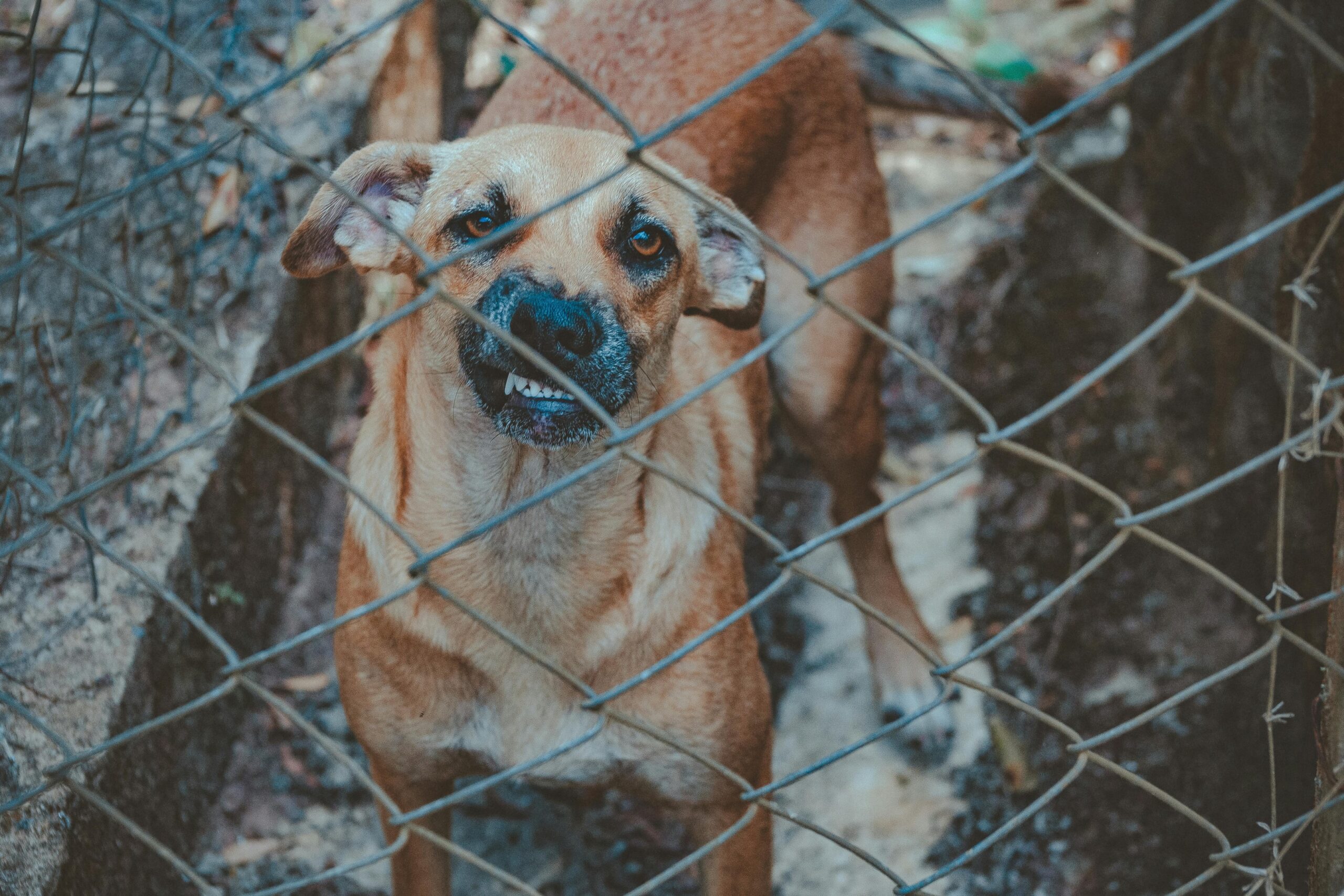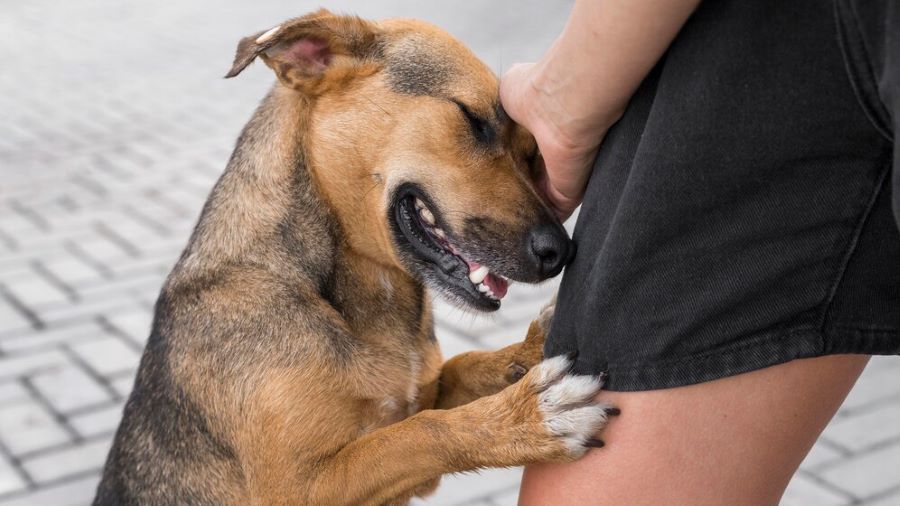
Service dogs are trained to perform tasks that assist people with disabilities in their daily lives. These animals are usually well-behaved, controlled, and non-aggressive. However, not every dog—service dog or not—follows expected behavior at all times. In rare but serious cases, a service dog may attack, leaving behind dog bite injuries, emotional trauma, and long-term medical consequences. This brings us to the key evidence needed in a service dog bite lawsuit.
If you or a loved one has been injured by a service dog, you may be entitled to pursue a dog bite lawsuit. But like all dog bite cases, the success of your legal action hinges on one essential factor: evidence.
This article explains the key evidence needed in a service dog bite lawsuit, how to gather evidence, and why building a strong case with the help of a dog bite lawyer or personal injury lawyer is crucial for a successful outcome.
Understanding the Legal Details of Dog Bite Cases
When it comes to dog bite claims, the law can be complex, especially when the dog involved is a service dog. Though these animals are typically well-trained, aggressive behavior may still occur due to neglect, poor handling, or failure by the dog owner to control the animal properly.
In many states, strict liability laws apply to dog attack cases, meaning the pet owners can be held liable for any injuries caused by their dog, even if it’s the first time the animal showed aggression.
This applies even if the dog is a service dog, provided that the attack happened outside the scope of its working duties, or if the dog’s behavior clearly showed signs of aggression that were ignored.

Why Evidence Is Critical in a Dog Bite Lawsuit
Evidence can make or break any case in the legal realm, but it’s especially vital in dog bite lawsuits. Courts and insurance companies need concrete proof to connect the animal attack to the dog owner and prove the severity of physical injuries, medical expenses, and pain and suffering.
Remember, service dog bite liability is a serious concern, but requires special evidence to prove it. Here are the types of essential evidence needed to support your personal injury claim.
Evidence Needed in a Service Dog Bite Lawsuit
1. Medical Records and Immediate Medical Attention
The first and most critical step after a dog bite is to seek medical attention. This is not only vital for your health, but also to create medical records that document the extent of the bite injuries and the treatment required.
Medical care may include stitches, rabies vaccinations, antibiotics, or even surgery. Your records will serve as proof of the injuries caused by the dog attack, the cost of treatment, and the long-term impact of the physical pain and emotional trauma.
Failing to require medical attention or delaying treatment can undermine your personal injury case, making it appear as though the injuries weren’t serious.
2. Photographic and Physical Evidence
Photographs taken right after the attack happened are vital. These should include:
- The injury itself (at various stages)
- The location of the attack
- The dog involved
- Clothing or items damaged in the attack
This photographic evidence supports your narrative, confirms the location and severity of the dog bite, and helps illustrate the physical injuries to the court or insurance company.
Preserve torn clothing and any physical evidence that can link the dog attack to the event in question.
3. Witness Statements and Contact Details
Witness accounts play a crucial role in validating your version of events. Anyone who saw the dog attack, or observed the dog’s behavior before or after should be asked for a written or recorded statement.
Gather their contact details—full name, phone number, email address—as you may need them to testify during court proceedings. These statements can confirm how the attack happened, how you reacted, whether the dog owner tried to intervene, and whether the dog was displaying signs of aggressive behavior.
4. Animal Control Reports and Local Law Enforcement Involvement
After any animal attack, contacting animal control or local law enforcement is essential. They can create animal control reports or police incident reports that detail:
- Whether the dog has a history of aggression
- If it’s listed among dangerous dogs in the area
- If criminal or criminal charges are warranted
Such reports strengthen your case by providing third-party, government-backed documentation of the dog bite incident and the responsible party’s failure to prevent it.
5. Documentation of Financial Losses
Beyond physical wounds, dog bite cases often result in financial strain. Be sure to document:
- Medical expenses
- Lost wages (if you missed work)
- Other costs, like transportation to medical facilities or psychological counseling
All of this supports your pursuit of seeking compensation not just for the pain and suffering, but also for the financial impact of the injury.
6. Proof of the Dog’s History and Behavior
If possible, obtain records or testimonies about the dog’s behavior prior to the attack. Has it bitten someone before? Did it show signs of aggressive behavior while in public?
Proof that the service dog was unfit to safely perform tasks due to poor training or mishandling can strengthen your claim, especially in light of strict liability statutes.
7. Legal Support and Expert Testimony
Hiring a legal team that specializes in dog bite laws gives you access to expert witnesses such as:
- Medical professionals
- Animal behaviorists
- Legal experts in personal injury
They can help provide evidence that supports your case, explain the severity of your injuries, and offer expert insight during court proceedings.

Special Considerations in Service Dog Attacks
Service dogs are often protected under federal and state law due to the vital roles they play. However, these protections don’t excuse attacks. If the dog owner failed to properly train or supervise the service dog, or if the dog’s behavior was clearly inappropriate, the owner can and should be held liable. Unlike minor dog bite cases, the service dog bite laws are a bit different.
These cases may involve additional legal challenges, but with strong evidence and the right law firm, justice is still achievable.
Taking Legal Action: The Process
- Seek immediate medical attention and begin treatment.
- Gather evidence—photos, witness contacts, damaged items.
- Report the attack to animal control and local law enforcement.
- Consult a personal injury lawyer or dog bite lawyer.
- Your legal team will file the bite claim and initiate a dog bite lawsuit.
- Negotiation or court proceedings will determine your compensation.
Throughout this legal process, your attorney will ensure you have all the evidence needed to achieve a successful outcome.
Common Misconceptions
Some people hesitate to take legal action, especially when the dog owner is a neighbor or acquaintance. But holding someone accountable doesn’t have to be personal—it’s about protecting your rights, covering your medical bills, and preventing future harm to others.
“I don’t want to sue my neighbor”
This is one of the most common concerns victims express. But it’s important to understand that in most dog bite cases, the goal isn’t to take personal revenge or inflict financial ruin on the pet owner. Instead, your dog bite claim is typically directed at the homeowner’s insurance company, not the individual.
It’s about holding the responsible party accountable and accessing the funds needed to pay for medical care, lost wages, and the emotional trauma the dog bite caused.
“It was a service dog—it must have been a mistake”
Another common misunderstanding involves service dogs. People often assume that because service dogs are trained to perform tasks. Thus, they can’t be held accountable for an attack. While service dogs are usually well-trained and calm, they are still animals.
If they exhibit aggressive behavior or bite someone while not performing their intended duties—or if the dog owner failed to restrain or control the dog properly—the owner can still be held liable.
Even dangerous dogs that are labeled as service animals are not exempt from liability if they cause physical injuries.
Under strict liability laws in many states, including dog attack cases involving service animals, what matters most is that an attack happened and caused injury, not whether the dog was labeled as a working animal.
“My injuries aren’t serious enough to file a claim”
Many bite victims minimize their injuries, thinking that unless they’ve suffered broken bones or required major surgery, they shouldn’t “make a big deal” out of it.
This is another harmful misconception. Even seemingly minor injuries can lead to infection, require stitches, or result in lasting physical pain and emotional trauma.
You may also incur hidden costs like psychological counseling or extended medical treatment, which deserve to be compensated.
If your injuries require medical attention, you have the right to file a claim, regardless of the severity. Your medical records, photographic evidence, and witness statements help establish the seriousness of your condition and your right to recover compensation.
“The legal process is too complicated”
Yes, the legal process can be intimidating, but that’s why legal support exists. With the right dog bite lawyer or personal injury lawyer, you won’t be navigating court proceedings or insurance negotiations alone.
Your attorney will gather evidence, manage paperwork, communicate with local law enforcement and animal control, and advocate for your best interests.
Remember, most firms—including Bourassa Law Group—offer a free consultation, giving you the chance to explore your options at no cost and with no commitment.

Bottom Line
Dog bite injuries—especially from a service dog—can be traumatic, costly, and complicated. But by collecting the right evidence, acting quickly, and working with a qualified legal team, you can pursue justice and get the legal support for medical treatment you deserve.
If you or a loved one has been bitten by a service dog, don’t delay. The sooner you act, the stronger your case.
Secure the Evidence, Protect Your Rights with BLG
Contact Bourassa Law Group today for a free consultation. Our experienced attorneys understand the complexities of dog bite laws, including cases involving service dogs, and we’ll work tirelessly to help you obtain the compensation you’re entitled to. Just share the details with our dog bite lawyers, and we’ll get started.
You don’t have to go through this alone. Let Bourassa Law Group stand by your side—fighting for your healing, your dignity, and your future.





